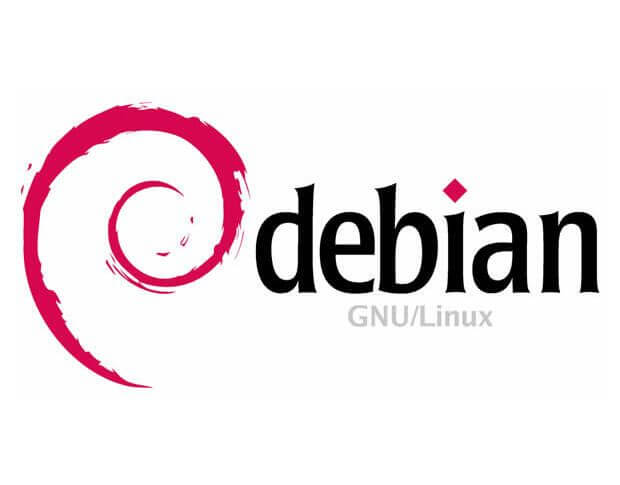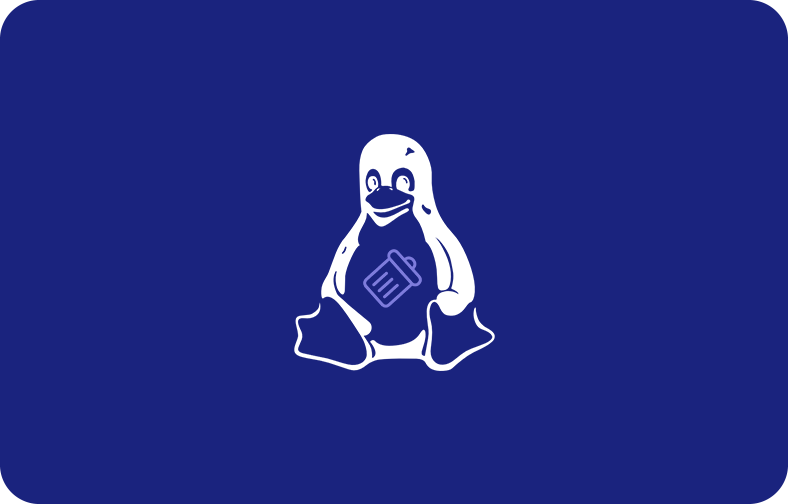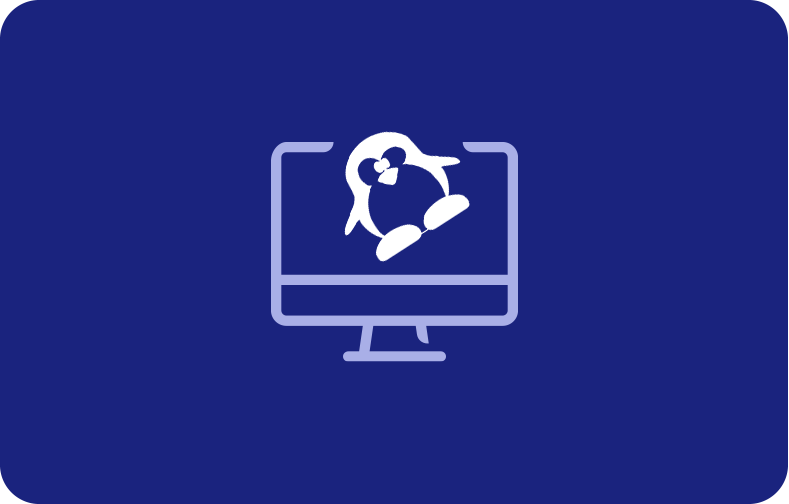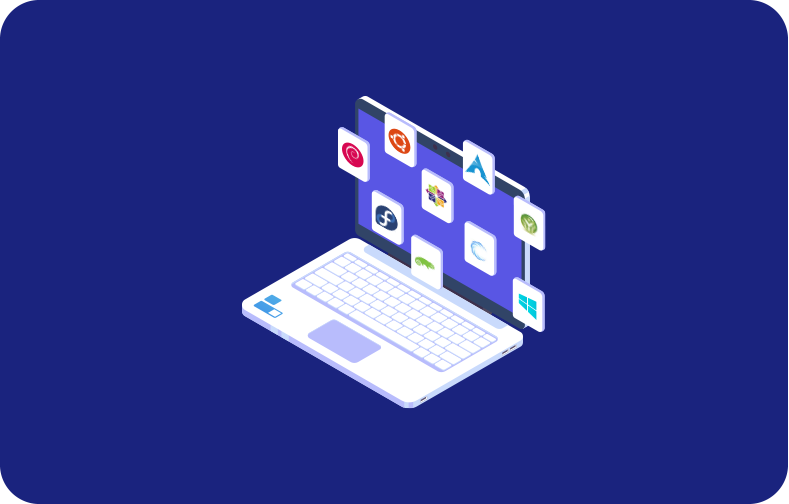Getting the Most Out of Debian's Versatile Features

Package management system
Debian boasts a robust package management system, widely recognized as one of its greatest strengths. With a staggering collection of over 51,000 packages, Debian makes it easy to download, manage and install software across multiple devices with a single, user-friendly installer.
Easy to configure OS
Our Debian VPS service offers a straightforward, fast setup with an easy-to-use installer and system and network configuration structure. Using a tool that detects incoming and outgoing attacks, we provide continuous DDoS protection for Debian servers. With our network immediately responding to any attack, you can trust that your website will remain up and running without interruptions. We double-check!
24/7 support from our team of experts
Our team of experts is available 24/7 to assist you with your Debian hosting requirements. We offer seamless website migration to our Debian servers, making the installation process and fine-tuning a breeze. With regular security and performance audits, we ensure that your server is always running optimally.
Worldwide locations for low latency
You can choose one of our 20 VPS server locations to enjoy the lowest latency for your web server. The right choice of location is essential for the smooth operation of your web server as it reduces the time it takes to complete orders, leading to faster data transfer.
Enjoy our flexible billing with Debian VPS
Our Debian VPS is available to you without any long-term commitments. You have the flexibility to sign up for a server and terminate our service whenever you wish, and the duration of your server usage is entirely up to you. If you choose to cancel your plan, your installed Debian VPS will be promptly destroyed.
Stable and secure
We provide a secure solution for your Debian server to offer you the most reliable VPS on the market. With advanced security measures, you can rest assured that your data and applications are well-protected from potential threats, rigorous testing, and development.
Scalability
We have enabled our installed VPS plans to be highly scalable and flexible, to meet the diverse needs of our customers. Whether you are starting a small project or running a large-scale application, we have plans that can suit your requirements. Our VPS plans have various features that crate scalability, such as easy plan upgrades. You can easily increase your CPU, RAM, disk space, or storage capacity with just a few clicks to accommodate your website or application's needs.
3-way Simultaneous Storage Space
Your data is stored in three locations on our cloud server and VPS hosting platform, providing much safer file storage than any dedicated server on physical hardware.


 Debian is a popular open-source OS used by individuals, businesses, and organizations.
Debian is a popular open-source OS used by individuals, businesses, and organizations. Large community: Debian has a large and active community of users and developers committed to improving the OS. This community provides support and contributes to its development and package maintenance.
Large community: Debian has a large and active community of users and developers committed to improving the OS. This community provides support and contributes to its development and package maintenance.



 (1).png)